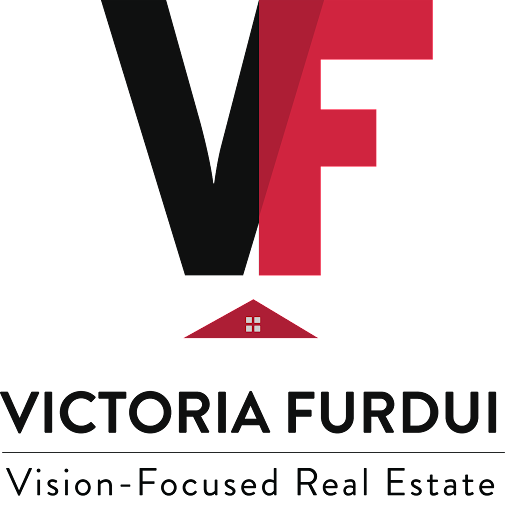A Guide to Key Notices from the Ontario Landlord and Tenant Board (LTB)

Notices Served By Landlords
These notices are used to address issues such as unpaid rent, lease violations, personal use of a unit, or ending a tenancy.
N4 – Notice to End Tenancy for Non-Payment of Rent
Used when: A tenant fails to pay rent.
- Gives tenants 14 days (or 7 in weekly tenancies) to pay before a landlord can apply to evict.
- If the tenant pays in full before the deadline, the notice becomes void.
N5 – Notice to End Tenancy for Interference, Damage, or Overcrowding
Used when: A tenant disturbs others, causes damage, or overcrowds the unit.
- First notice allows 7 days to correct the issue.
- A second notice within 6 months allows immediate application to the LTB.
N6 – Notice to End Tenancy for Illegal Acts or Misrepresentation
Used when: A tenant commits an illegal act or provides false information (e.g. income misreporting in RGI housing).
- Termination can be as short as 10 days depending on the severity.
N7 – Notice to End Tenancy for Serious Problems
Used when: A tenant’s actions seriously impact others, damage the property, or create unsafe conditions.
- No opportunity to fix the issue; eviction can be sought in as little as 10 days.
N8 – Notice to End Tenancy for Persistent Late Payment
Used when: A tenant regularly pays rent late, even if they eventually pay.
- 60 days’ notice required.
- Used to build a pattern of problematic behavior.
N12 – Notice to End Tenancy for Landlord or Purchaser’s Personal Use
Used when: A landlord (or buyer) intends to move into the unit.
- Requires 60 days’ notice.
- Tenant is entitled to compensation (1 month’s rent or alternative housing).
- Landlord or buyer must live in the unit for at least 1 year.
N13 – Notice to End Tenancy for Demolition, Conversion, or Major Repairs
Used when: The unit is being demolished, converted to another use, or requires vacant possession for extensive renovations.
- Requires 120 days’ notice.
- Tenant may be entitled to return after renovations or compensation.

Notices Tenants Can Submit to to the LTB
Tenants can also file formal notices with the LTB to raise concerns, request compensation, or seek action when their rights are being violated.
T2 - Application About Tenant Rights
Used when: A tenant feels their rights have been violated by the landlord.
Examples include:
- Harassment or threats
- Illegal entry
- Withholding vital services
- Interference with reasonable enjoyment
- Unlawful rent increases
Tenants may request remedies such as rent abatements or termination of the tenancy.
T6 - Application About Maintenance
Used when: A landlord fails to maintain the rental unit or building.
Examples include:
- Leaks, pests, no heat, or unsafe conditions
- Not complying with maintenance laws or municipal standards
Tenants may request compensation, rent reductions, or orders requiring the landlord to complete repairs.
T5 - Tenant's Claim That Landlord Gave a Notice in Bad Faith
Used when: A tenant believes a landlord served an N12 or N13 notice without following through — for example, claiming personal use but never moving in
- Tenants can request compensation of up to 12 months’ rent and other damages.
T1 - Tenant Application For a Rebate of Money the Landlord Owes
Used when: A landlord collected illegal charges or rent above the legal guideline.
Examples include:
- Illegal deposits or fees
- Rent charged beyond the guideline without proper approval
T3 - Application to Terminate a Tenancy
Used when: A tenant needs to end their tenancy due to a landlord’s serious breach, such as ongoing neglect or threats.

What Happens After a Notice is Served?
- Serving a notice doesn’t automatically end a tenancy. It starts a legal process. In most cases, the next step is to apply to the LTB for a hearing.
- Both parties will have an opportunity to present their case, and the Board will decide the outcome based on Ontario’s Residential Tenancies Act (RTA).
- Notices must be accurate, properly served, and follow the required timelines. Otherwise, they can be dismissed.

Whether you’re a landlord or a tenant, being familiar with the common notices used by the Landlord and Tenant Board can help you handle disputes, enforce your rights, and protect your property or home.
If you’re unsure about a notice or what steps to take, it’s always a good idea to speak with a legal professional or paralegal familiar with Ontario’s rental laws.











